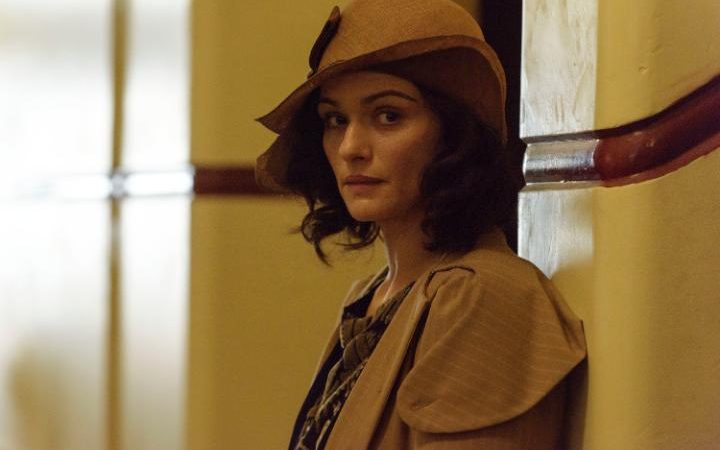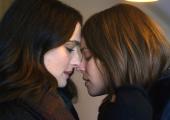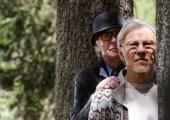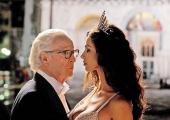Michael Fassbender and Alicia Vikander fell in love in real life while making The Light Between Oceans, which lends an extra dimension to a morose period weepie that needs every bit of excitement it can get. Reminiscent of the laboured celluloid romances of a bygone era that could once have starred Robert Taylor, the film is as vacuous as it is pretty, and if director Derek Cianfrance cut some of his stars' lingering glances, it would have the added virtue of being short.
As it is, 132 minutes is a long time for a movie whose narrative more or less demands that the audience is several steps ahead of the game. Adapted from the 2012 book of the same name by the London-based Australian novelist M.L. Stedman, the film might benefit from a bit of self-awareness as to its hoarier aspects: one can imagine Todd Haynes having a high old time with it.
But in a break from the bristling intelligence of his career-making Blue Valentine, this latest effort finds Cianfrance going all po-faced on us. Only the belated entrance into the action of Rachel Weisz (pictured below), playing the real mother of the child whom Vikander's luckless spouse and parent has brought up as her own, brings the much-needed juice - not to mention respite from lines like "you still have a light inside of you".  The narrative - ripe for parody - finds Fassbender playing a battle-scarred survivor of World War One who finds the calm he has been looking for in a job as a lighthouse keeper in a rural Australian outpost. Any thoughts of him idling the decades away humming "Waltzing Matilda" to the gulls are soon routed by the appearance of Isabel (Vikander), who knows a thing or two about war's ravages, having lost two brothers to combat.
The narrative - ripe for parody - finds Fassbender playing a battle-scarred survivor of World War One who finds the calm he has been looking for in a job as a lighthouse keeper in a rural Australian outpost. Any thoughts of him idling the decades away humming "Waltzing Matilda" to the gulls are soon routed by the appearance of Isabel (Vikander), who knows a thing or two about war's ravages, having lost two brothers to combat.
Several lingering glances over a prolonged lunch lead to - well, you know - and before long Tom and isabel are man and wife, only for fate to deal her a cruel blow via not one but two miscarriages. And yet, just when Isabel seems destined to succumb to despair, a boat washes up on the shore, bringing with it a dead man and a very much alive, squawling infant girl. Suddenly there's God so quickly, as Blanche DuBois might have said, except for the emergence of Hannah (Weisz), the child's real mum, whose arrival on the scene recasts the movie as a study in morality: Tom and Isabel don't see eye to eye as what to do with Lucy once her actual mother forces a day of reckoning.
Weisz's energy seems to belong to a different film. Elsewhere, one thinks for instance of what the Mike Leigh who gave us Secrets and Lies might have done with the ensuing moral maze and the primal emotions that get unleashed. Instead, Fassbender retreats inward - the performance is recessive to a fault - while Vikander aims for the jugular, the two rarely suggesting on screen the passion that was reportedly aborning off it. We are treated to the requisite picturesque longshots and dewy close-ups, and yet the thing never connects. Instead of reaching for a tissue, I was checking my watch.
Overleaf: watch the trailer to The Light Between Oceans



 The narrative - ripe for parody - finds
The narrative - ripe for parody - finds 


